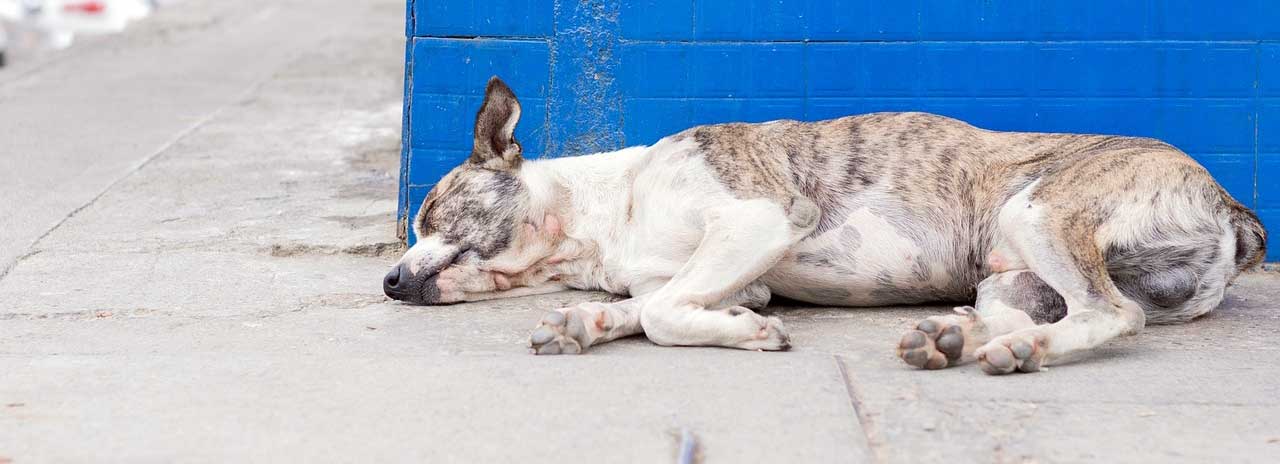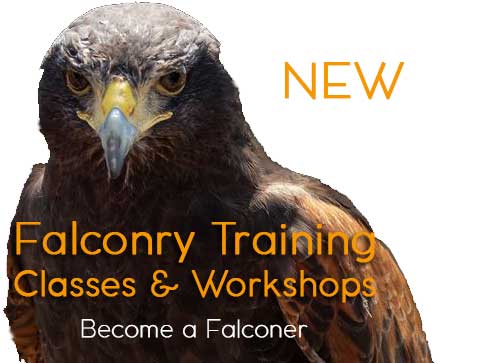As pet owners, it's important to protect our furry companions from potential threats like raccoons. Raccoons can invade a property and wreak havoc on outdoor pets or even unsecured indoor cats if the necessary measures are not taken. If you've noticed any signs of strange wildlife in your backyard, it may be time to start implementing some raccoon control techniques. In this blog post, we'll cover some raccoon control tips for keeping these mischievous critters away from your beloved family pets!

Understanding Raccoon Behaviour and Habits
Toronto is home to a diverse array of wildlife, including the often-misunderstood raccoon. These masked mammals have adapted to city life and can often be found rummaging through trash cans or lounging in trees.
Understanding their natural tendencies is crucial not only for coexisting peacefully with these creatures but also for preserving our communities and keeping our pets safe. With their sharp claws and keen sense of smell, raccoons can be formidable adversaries, but they also display remarkable intelligence and resourcefulness.
Health Risks and Concerns for Pets
Raccoons can pose significant health risks to pets. The most significant concern is the transmission of diseases through bites, scratches, or contaminated saliva, urine, or feces. Dogs have a tendency to actually ingest raccoon feces. Raccoons can carry diseases such as rabies, leptospirosis, and canine distemper virus, which have severe consequences for our pets if left untreated.
It's essential to recognize the symptoms of potential raccoon-related illnesses in our pets early on and take immediate action. Regular veterinary check-ups and vaccinations go a long way in keeping our pets healthy and happy. Remember to always supervise your pets while outdoors and don't let them come into contact with raccoons or any other wildlife.
Will a Raccoon Attack My Dog or Cat?
While raccoons are generally not aggressive towards animals larger than them, it's always important to take precautions to ensure your pet's safety. During walks throughout the neighbourhood, keep dogs (and cats) on a leash to have full control if a raccoon is encountered.
Although raccoons are typically non-confrontational, a raccoon will attack another animal if provoked or if it feels threatened. Raccoons are especially protective of their kits. When it comes to dogs and raccoons, dogs tend to scare raccoons by barking or chasing them. On the other hand, a curious cat might provoke a raccoon, although it is a rare occurrence.
What Should I Do If My Pet Gets Bitten by a Raccoon?
Check your cat or dog for any visible signs of a bite or wound. If there are none, quarantine the pet for at least two hours to ensure there are no signs of rabies and/or aggressive behaviour. If there are wounds present, immediately take the cat or dog to a veterinarian for a check-up and to receive treatment.
How Can You Identify a Raccoon Presence?
When identifying a raccoon on your property, pay attention to any strange behaviours of your pets who might be trying to warn you of visitors. If you suspect that a raccoon has made its way onto your property, there are a few things to look out for to confirm your suspicions. One of the tell-tale signs of raccoons is their footprints, which often resemble those of a small human hand. You may also notice claw marks on trees, logs, and fences where they like to climb and mark their territory.
Keep an eye out for overturned trash cans and damage to your garden or bird feeders as raccoons are notorious for their trash-eating habits. Lastly, listen for their vocalizations, which range from various chirps and cries to growls and hisses.
Take Preventive Raccoon Control Measures
Preventive raccoon control is essential to protect the health and well-being of you, your family, and your pets. Here are some preventive tips:
- Remove Food and Water Sources: Outdoor pet bowls should not be left unattended or for long periods, especially overnight. Compost piles and birdfeeders are also considered to be food magnets for raccoons.
- Secure All Trash Cans with Sturdy Locks: Raccoons are smart “safecrackers” that can easily remove lids, knock over garbage cans and rip into the garbage.
- Seal Holes, Gaps, or Entry Points on Your Property: Secure spaces under porches, along rooftops, and vents leading to the attic.
- Contact a Professional Trapper And Wildlife Control Company: Having a professional perform a thorough inspection of the property can uncover hidden spots and food-related scenarios that need to be addressed.
Why You Should Avoid DIY Raccoon Removal
If you notice a raccoon on your property, it might be tempting to try to remove the animal yourself. But it's important to remember that raccoons are wild animals that can be dangerous, especially if you don't have the proper equipment or knowledge. Raccoons can carry rabies, and their bites and scratches can easily transmit the disease to humans.
Raccoons are also intelligent animals, which means that basic preventive raccoon control, such as a bait-and-trap setup, isn’t going to work for a raccoon. This is why it's worth hiring a licensed professional to handle humane raccoon removal. Professionals have the experience and training to remove raccoons while minimizing the risks to people and pets. It's not worth the risk to yourself or others to try to do it yourself.
More importantly, a DIY trap and removal setup is illegal in Ontario without the proper permit and licensing. A trapped raccoon can only be released within one kilometre from the capture site to ensure it can properly adapt to the new surroundings and to reduce the risk of spreading disease. A professional trapper, like Hawkeye, can provide permanent raccoon removal and deter wildlife from returning.
Take Proactive Measures to Protect Your Pets Today!
For humane raccoon control in Toronto, contact Hawkeye Bird and Animal Control. We are a team of qualified wildlife control and removal experts who offer permanent solutions for residential, commercial, and industrial properties.
We are the only pest bird and animal/wildlife control company in Canada to be designated "Certified Wildlife Control Professional" AND hold the following licenses: Trapping of Fur Bearing Animals Permit, Falconry Permit, and Pest Control License. This enables us to offer raccoon control solutions in Toronto and the surrounding areas in addition to relocating captured raccoons. Call us at (416) 429-5393 today!














